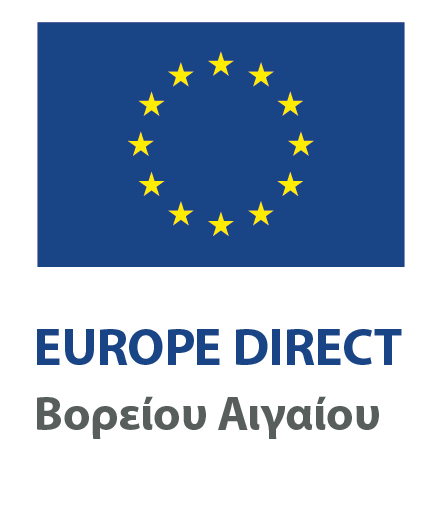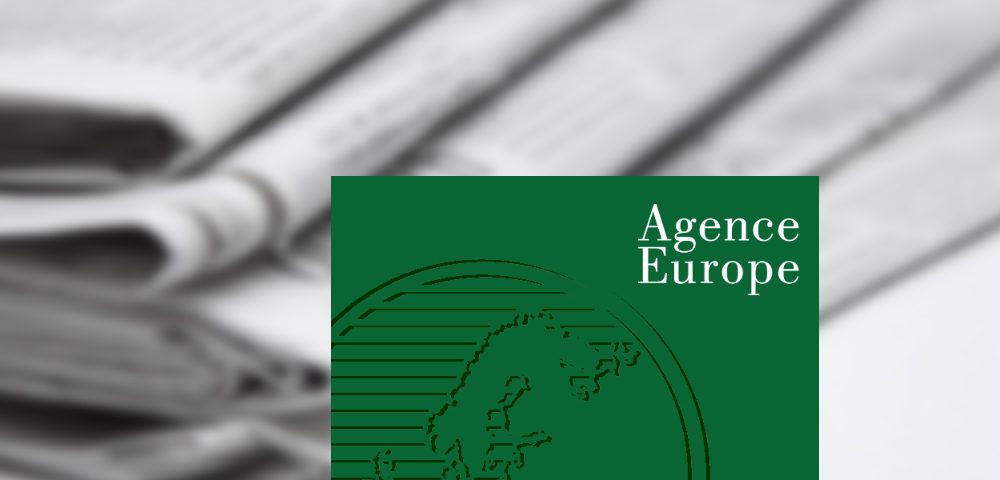
Το ΕΚ συζητά για το Brexit με τον Juncker την Τετάρτη στις 15.00
3 Απριλίου, 2019
Το ΕΚ υιοθετεί μέτρα για την εξισορρόπηση επαγγελματικής και οικογενειακής ζωής
4 Απριλίου, 2019Brussels, 03/04/2019 (Agence Europe)
On Wednesday 3 April, the Member States’ ambassadors to the European Union (Coreper) confirmed the composition of the group of experts responsible for making recommendations on the European financial architecture for development. This group will be chaired by the Austrian diplomat Thomas Wieser (see EUROPE B12188A4) who, before retiring, chaired the euro group responsible for preparing the Eurogroup’s work. The other eight experts appointed are as follows: – Spanish academic José Antonio Alonso, who worked at the Ibero-American Cooperation Institute; – French Monique Barbut, Director for the Global Environment Facility; – Swedish economist Erik Bergöf, who advised the EBRD President; – Pole Jacek Dominik, member of the EIB’s Audit Committee; – Dutchman Nanno D. Kleiterp, President of the EDFI network of development banks; – Norbert Kloppenburg of the German development bank KfW; – Franco Passacantando, an Italian who served on the EIB’s Board of Directors and worked for Euroclear; – Dane Susan Ulbaek, Executive Director of the World Bank. There were initially 14 candidates. Several Member States, whose candidates were not selected, questioned the method of selecting the members of the expert group. The wise persons group will have 6 months to analyse the capacity of the European financial architecture, which includes the EBRD, the EIB and the financial instruments managed by the Commission, to deliver on the EU’s external action and development policy priorities, including “in terms of development impact, effectiveness, additionality, duplication and cost-effectiveness”, according to a draft Council of the EU decision to be adopted at the General Affairs Council on Tuesday 9 April. One of the questions raised concerns the opportunity to replicate the Juncker investment plan method, which attracts private investment through the provision of a public guarantee based on the EU budget, to development policy, according to one source. It will be up to the Council of the EU, on the basis of the recommendations made, to decide on the measures to be taken in the context of the negotiations on the 2021-2027 multiannual financial framework. (Original version in French by Mathieu Bion)
“ΣΧΌΛΙΟ”:
¨Την Τετάρτη 3 Απριλίου, η Ευρωπαϊκή Επιτροπή δημοσίευσε μια επικαιροποιημένη δεύτερη ενισχυμένη έκθεση εποπτείας για την Ελλάδα, στην οποία έκρινε ότι οι ελληνικές αρχές είχαν αναλάβει τις απαιτούμενες ενέργειες για να επωφεληθούν από την αποδέσμευση μιας νέας δόσης ενίσχυσης αξίας 1 δισ. Ευρώ.¨


